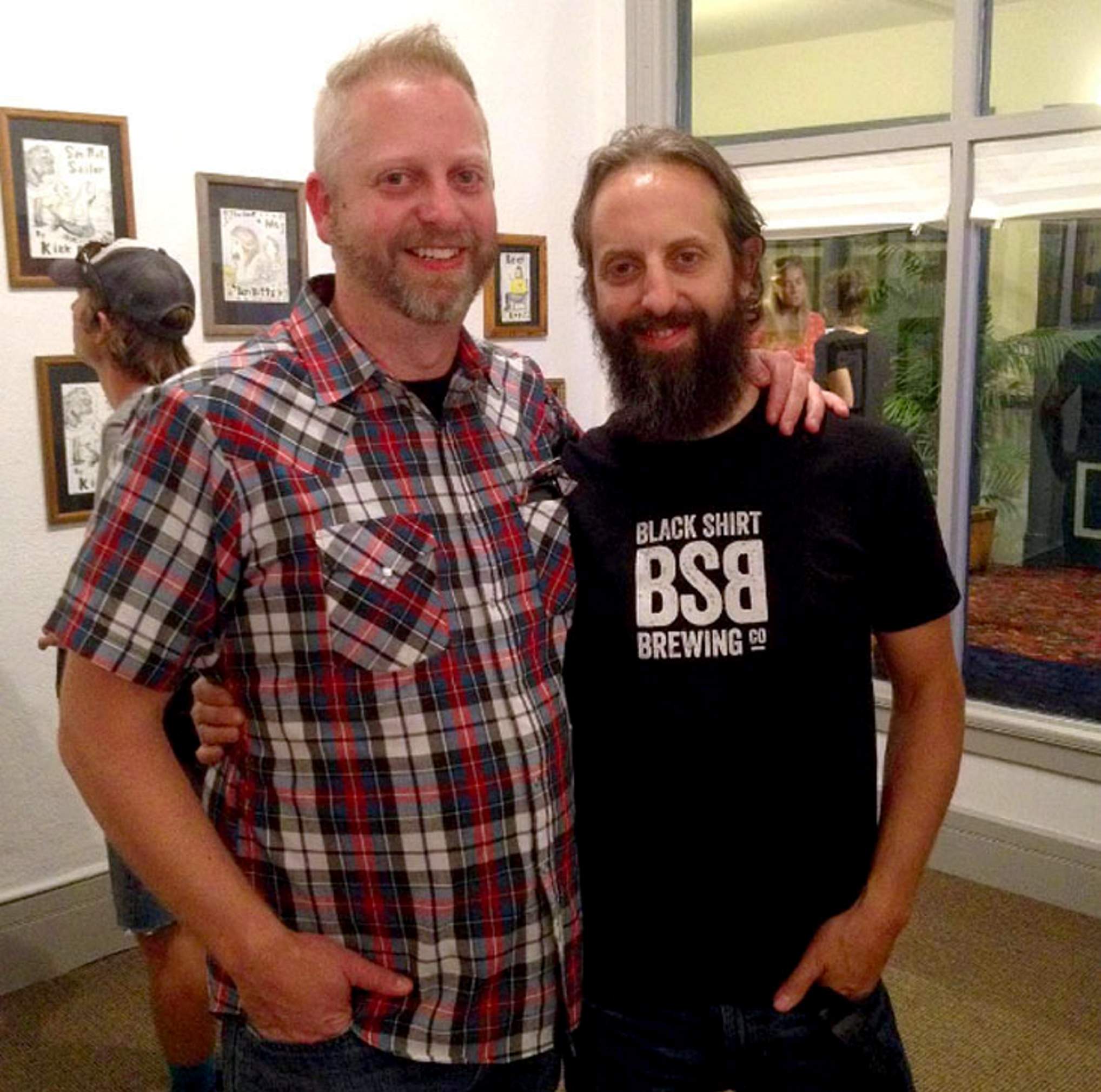Slickee Boys, the early new-wave and punk band that kicked around Washington, D.C. several decades ago, solidifying the city’s new-wave, punk, and hardcore era, and the still-touring Seldom Scene, a metropolitan-area institution and legendary outfit that has become synonymous with American bluegrass, were two bands that helped define the independent music scene in D.C. back in the ’70s. Both Seldom Scene and the Slickee Boys were equally important, and both contributed heavily to their respective canons. Both are also worthy of research, if independent music history is your thing.
As a young musician in D.C., folk artist Eric Brace eyeballed and ear-holed the two bands, and found himself leaning toward the sounds of Seldom Scene.
He spent some time covering D.C.’s rich bluegrass and punk scene as a writer for The Washington Post, but fell into playing roots and bluegrass, the same genres he was covering as a writer.
His first stint was with Last Train Home , an alt-country outfit he lead in D.C., before moving to east Nashville to pursue a solo career. While there, Brace also ran Red Beet Records, a record label that released both his and his bandmates’ records.
These days, Brace is a straight-up roots-influenced folk musician, but he still pulls from the independent mindset of punk-rockers and bluegrass pickers, and the bands that he loved as a young music fan in D.C. Both prodded him in the direction of independent music, no matter the genre.
“When I was there, I was paying more attention to the D.C. bluegrass scene, which at the time was just on fire. It was really formative for me,” said Brace. “Bluegrass was my punk rock, even though you had to be really good to do it. You could get up on a small local stage. It didn’t seem like Elton John or Queen or Yes; it was something anyone could do. Folk and bluegrass were my gateway drugs into just about anything, and I started a record label because of Dischord.”
Brace has a real charm – chat offstage and you’ll find yourself talking about punk rock, John Duffey, or folkies kicking about east Nashville. Onstage, Brace hands out a big dose of laid-back folk music with a simple narrative, which he plays with a slight twang. He sings songs about history, and places, and people. It’s a straightforward storyline, one that’s unabashedly to the point.
“I look at the world, I write songs, and we play them,” said Brace.
And, in true punk rock form, Brace is a champion of non-traditional venues like house shows, and says if you’re a middle-tiered, lesser-known musician, you should know where your audience is. If venues don’t want to take a chance on an artist with lesser name recognition, that’s their problem. There are other avenues for playing live shows.
There is a network of people willing to host house concerts or shows in non-traditional venues, quite similar to the pre-Internet network artists would use to find places to crash.
Word travels, and fans and musicians communicate. A musician can connect the dots from city to city, venue to venue, without the standard confines. It’s a punk-rock approach, no matter the genre.
“I think what it is, it’s harder to play in a traditional club. There’s not that many rock clubs that want to take a chance on a lesser-known singer-songwriter, unless you have some big hit,” said Brace. “A lot of us are getting older, the audience is getting older, so they do things like host shows. A lot of musicians are looking for alternate places to play, and those places, whether a coffee shop, living room, a train, I think people will like it if they hear it. Non-traditional venues gets the music in front of people.”
Brace plays on Wednesday at the Red Scarf Studio Listening Room with musical partner Thomm Jutz.
Bryant Liggett is a freelance writer and KDUR station manager. [email protected].













